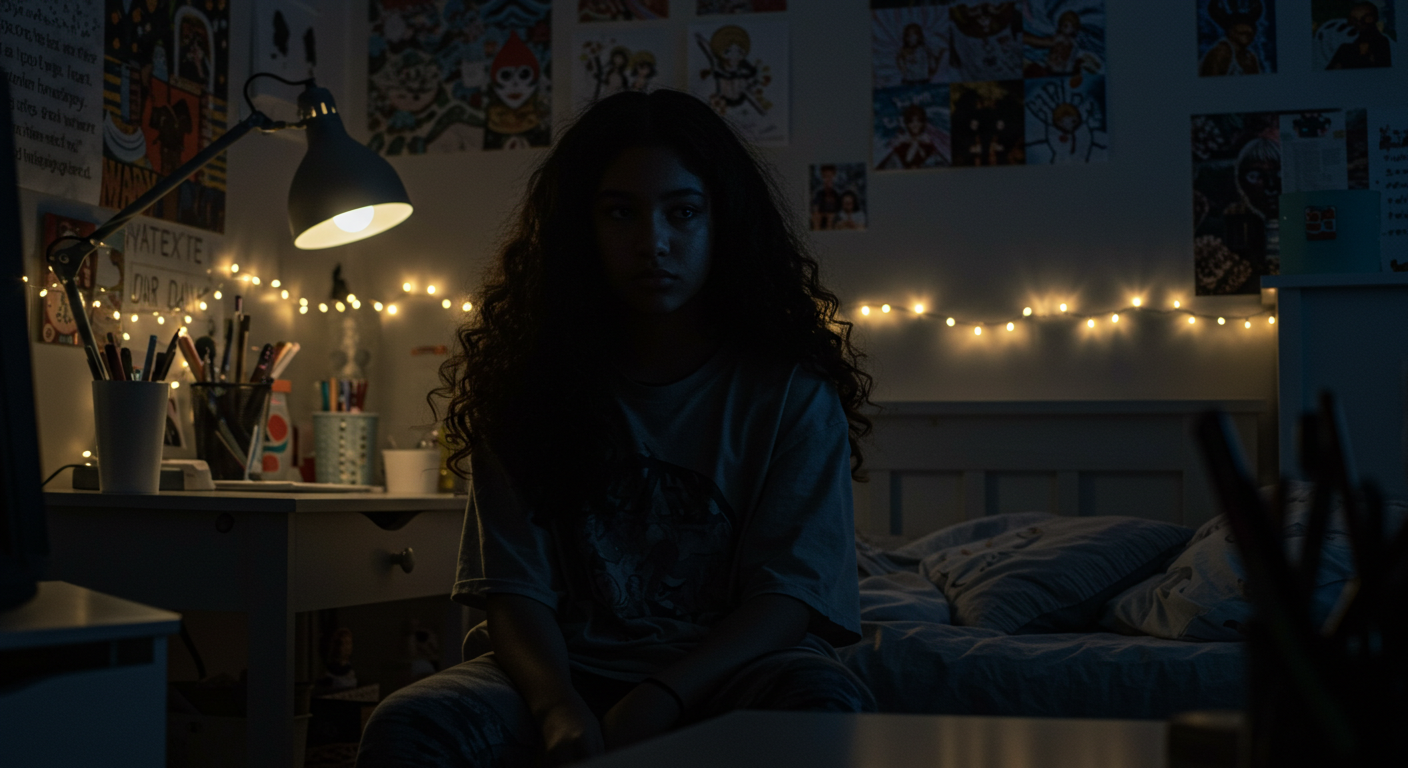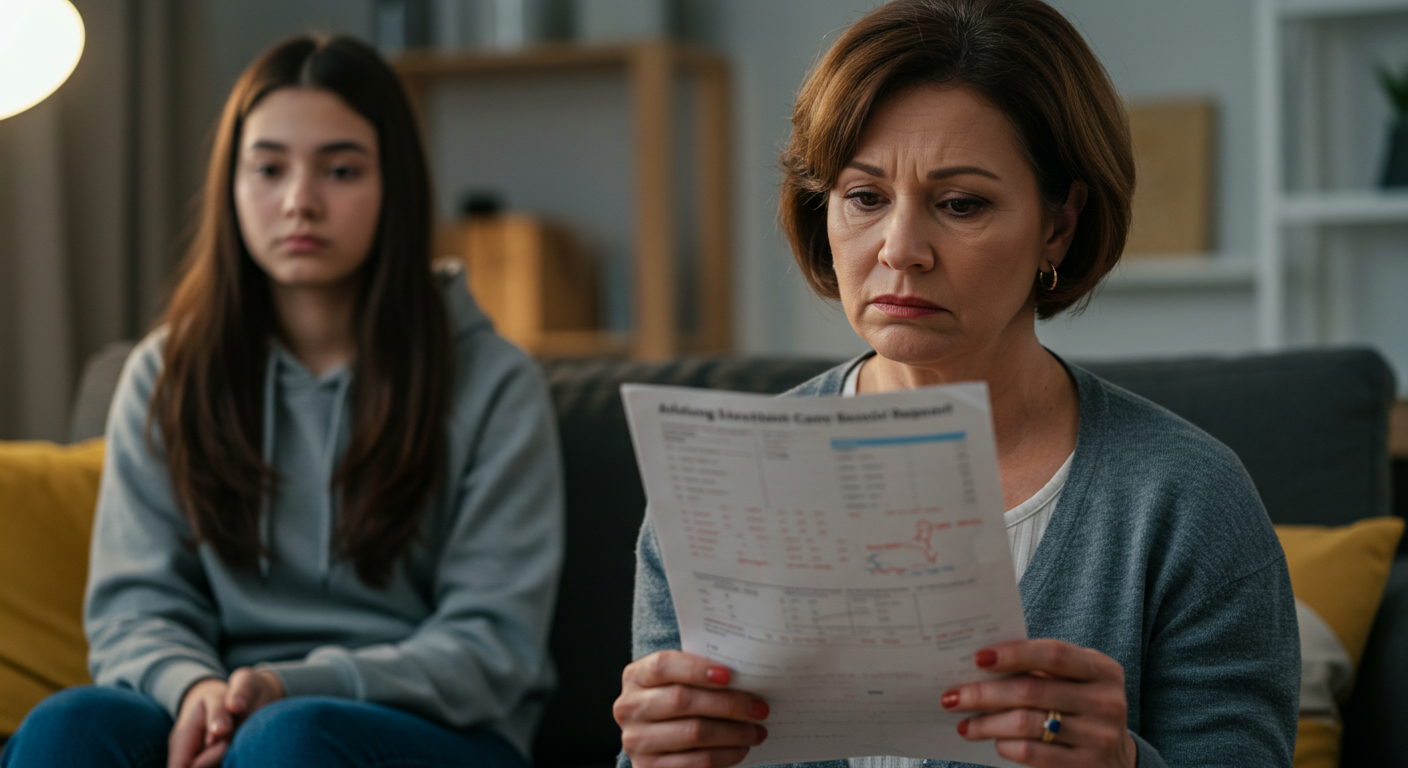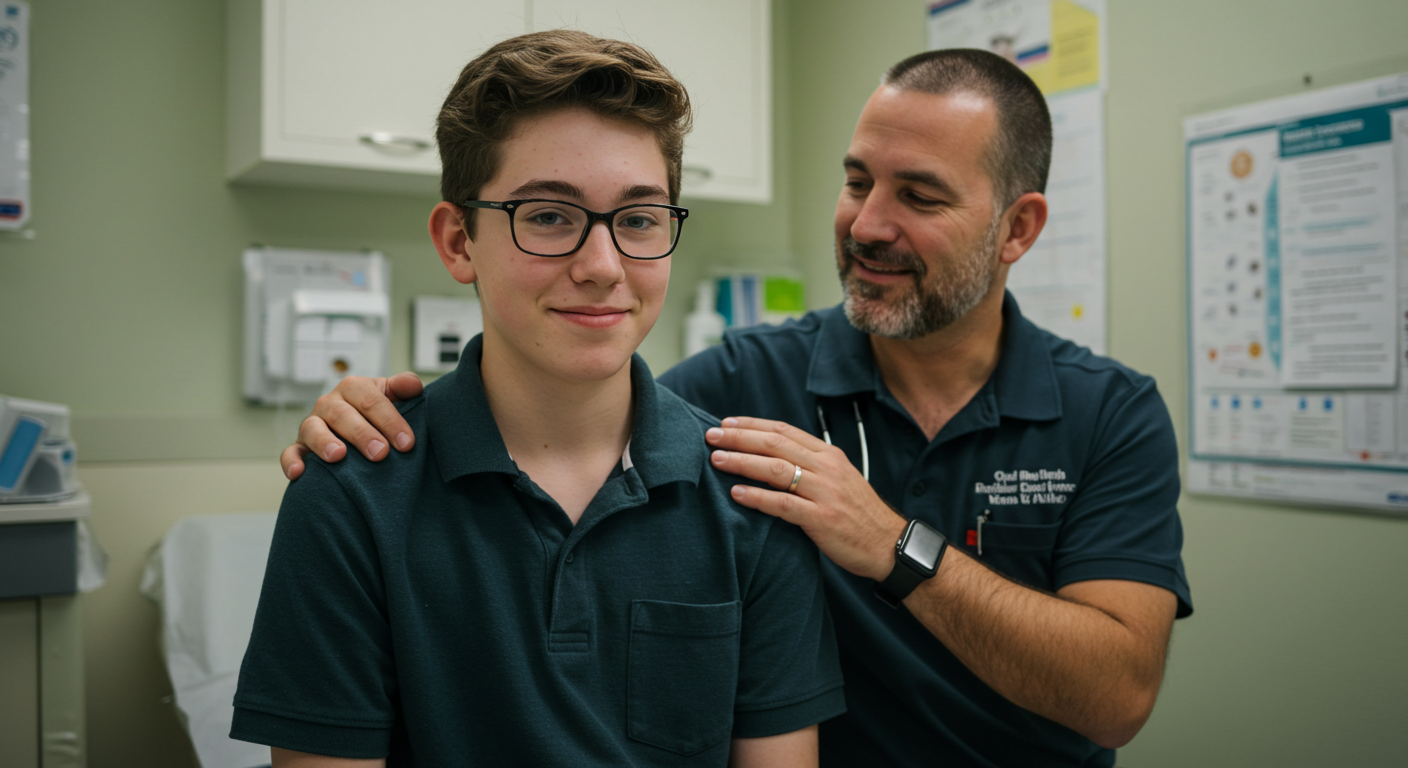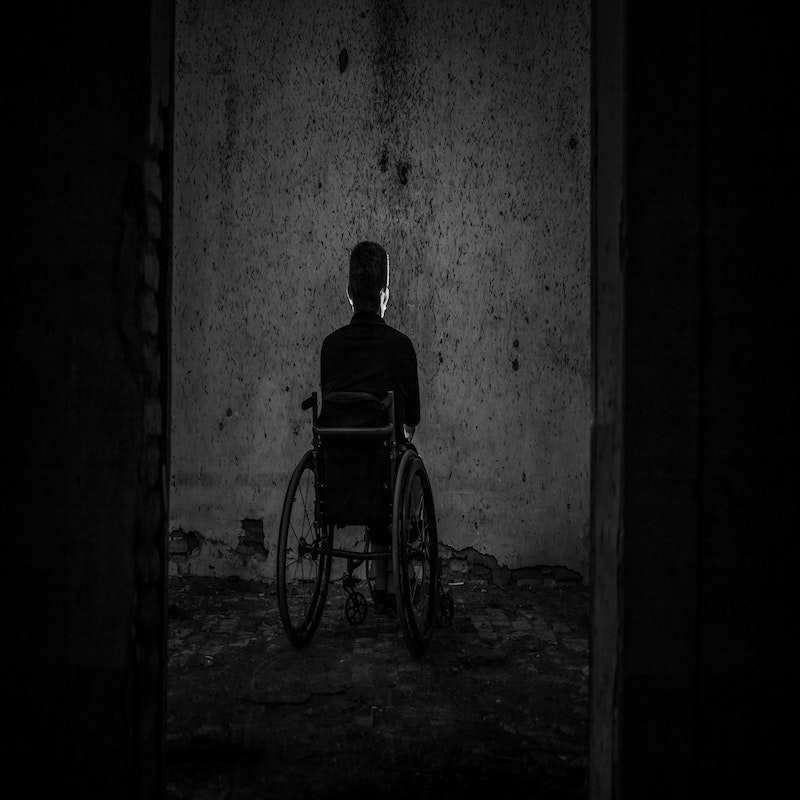Scary Truth
Untreated teen depression isn’t always easy to detect. As teenagers grow and adapt to societal expectations, many learn to hide what they’re truly feeling—especially when it comes to mental health. They mask their emotions to avoid judgment, unwanted attention, or even fear of disappointing their parents. Unfortunately, this makes it harder for caregivers to recognize depression until it becomes dangerous.

Teens Are More Depressed Than Ever
The scariest part? Today’s teens are more depressed than ever, even though awareness of mental health has grown. Still, we don’t fully understand what causes depression. Instead, we have a range of risk factors—like bullying, academic stress, family problems, identity struggles, or trauma. Teens who are LGBTQ+, have eating disorders, or face learning difficulties are especially vulnerable and often feel pressured to hide their emotions to avoid standing out.

Hiding Behind ‘I’m Fine’
One of the most harmful phrases a teen with depression may say is, “I’m fine.” Sometimes they’re consciously hiding pain. Other times, they genuinely believe they shouldn’t burden others. Low self-worth, a common depression symptom, fuels this cycle of silence. A teen might appear okay—even cheerful or angry—but those are often just masks hiding serious emotional turmoil.

Why You Must Look Deeper
Teens with untreated depression may show declining school performance, isolate themselves, or even engage in substance use to cope. The most frightening risk is suicidal thoughts or attempts. Never ignore comments like “I wish I could disappear,” even if said in jest. Take everything seriously. Instead of focusing on blame, ask: What can I do now to help my child feel safe and supported?

What Teens Need Most: A Safe Space
Your child doesn’t need a perfect parent—they need a present one. Talk to your teen regularly—not just about problems, but about their interests and wins. The more you listen, the more they’ll share. This builds trust and helps you spot warning signs. If your family or home environment has been one of criticism or pressure, now is the time to shift it to one of love, safety, and openness.

When Action Becomes Lifesaving
If you’ve missed earlier signs of teen depression, don’t panic—but act now. Talk to your child’s primary care doctor, who can refer you to a therapist or psychiatrist specializing in adolescent mental health. Early intervention matters. Therapy, medication (when necessary), and family support can drastically improve outcomes for teens with depression.

You Have the Power to Help Your Teen Heal
Yes, it’s scary to think your child might be suffering in silence. But you have more power than you think. Notice. Listen. Act. Make it clear they aren’t alone. Don’t ignore red flags or write off emotional struggles as “teen drama.” Depression in teens is real—and treatable. The sooner you intervene, the sooner healing can begin.

Final Note:
If you or your teen needs help, don’t wait. Reach out to a medical or mental health professional. Your child deserves to be mentally healthy and emotionally safe—and you can help make that happen.

